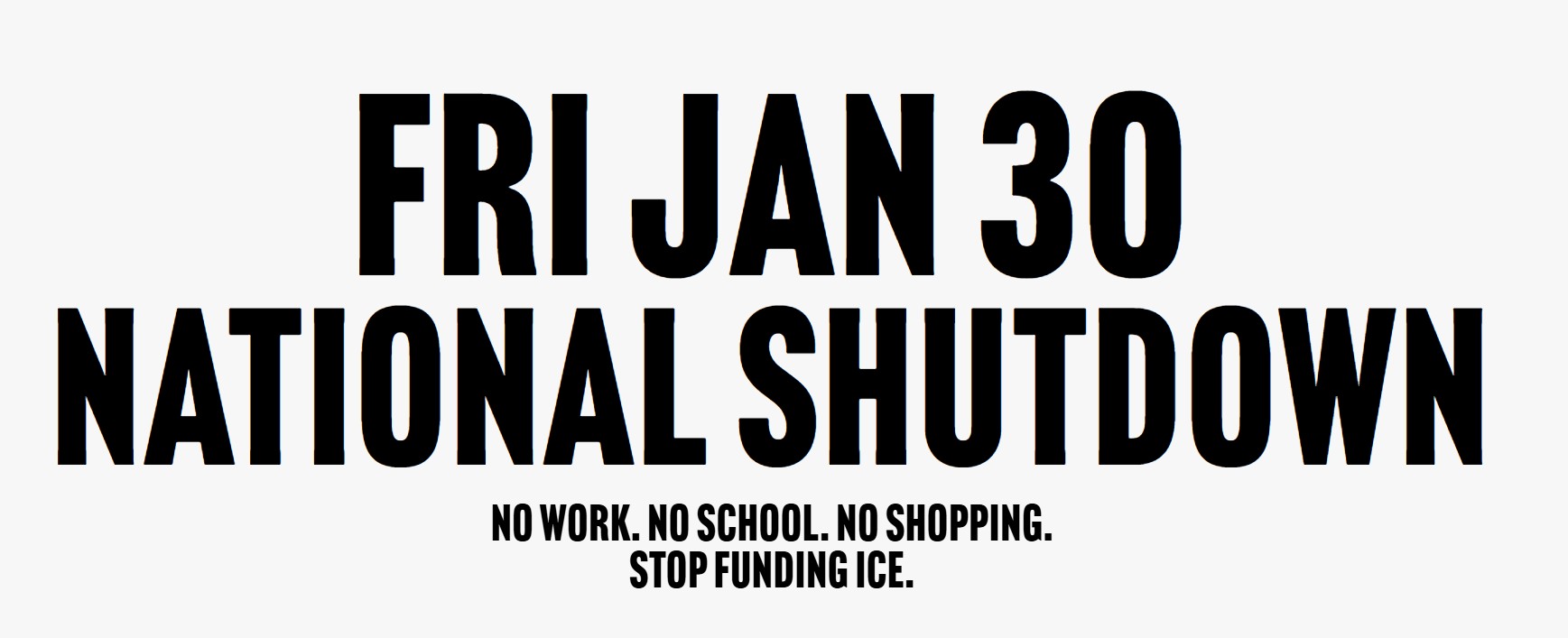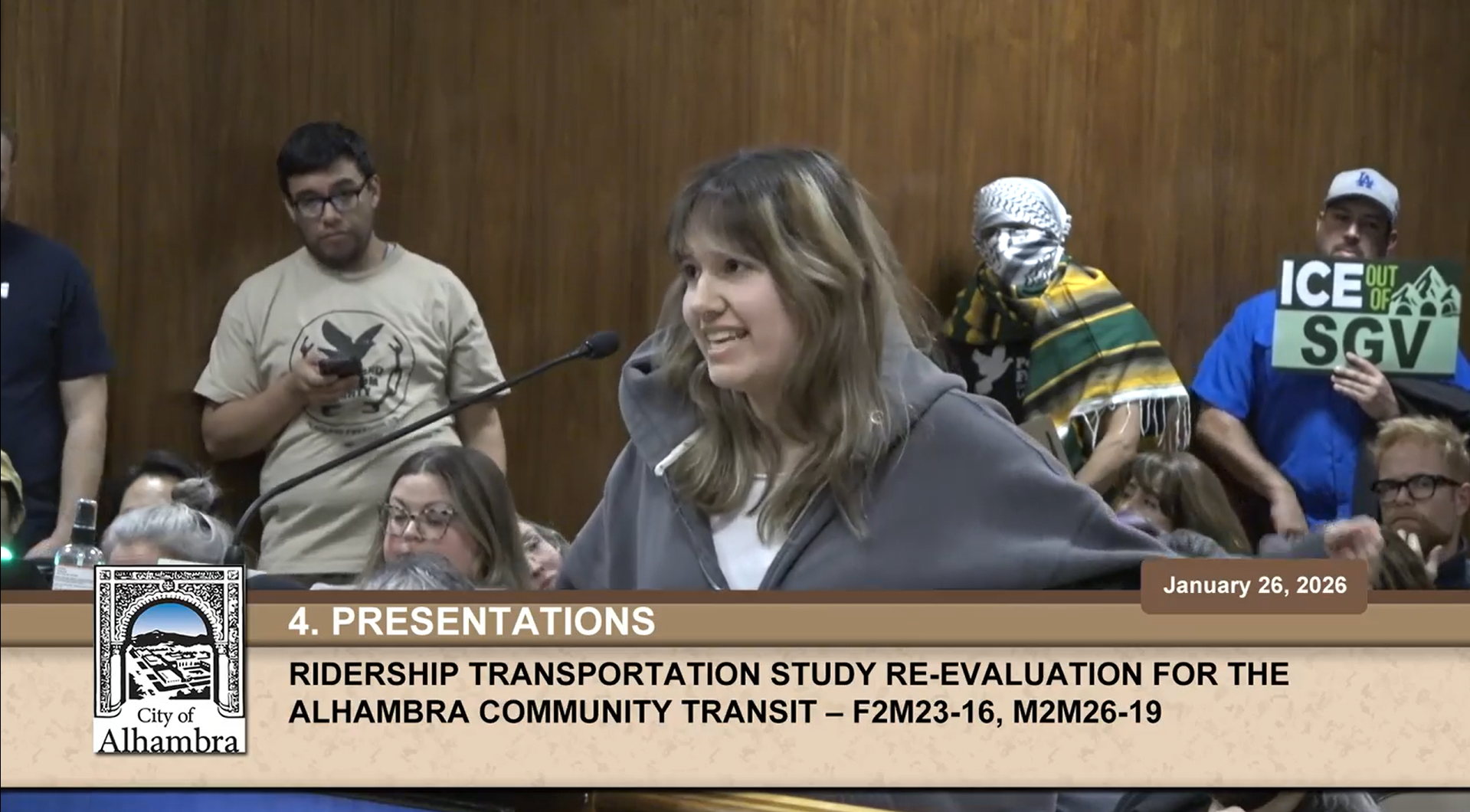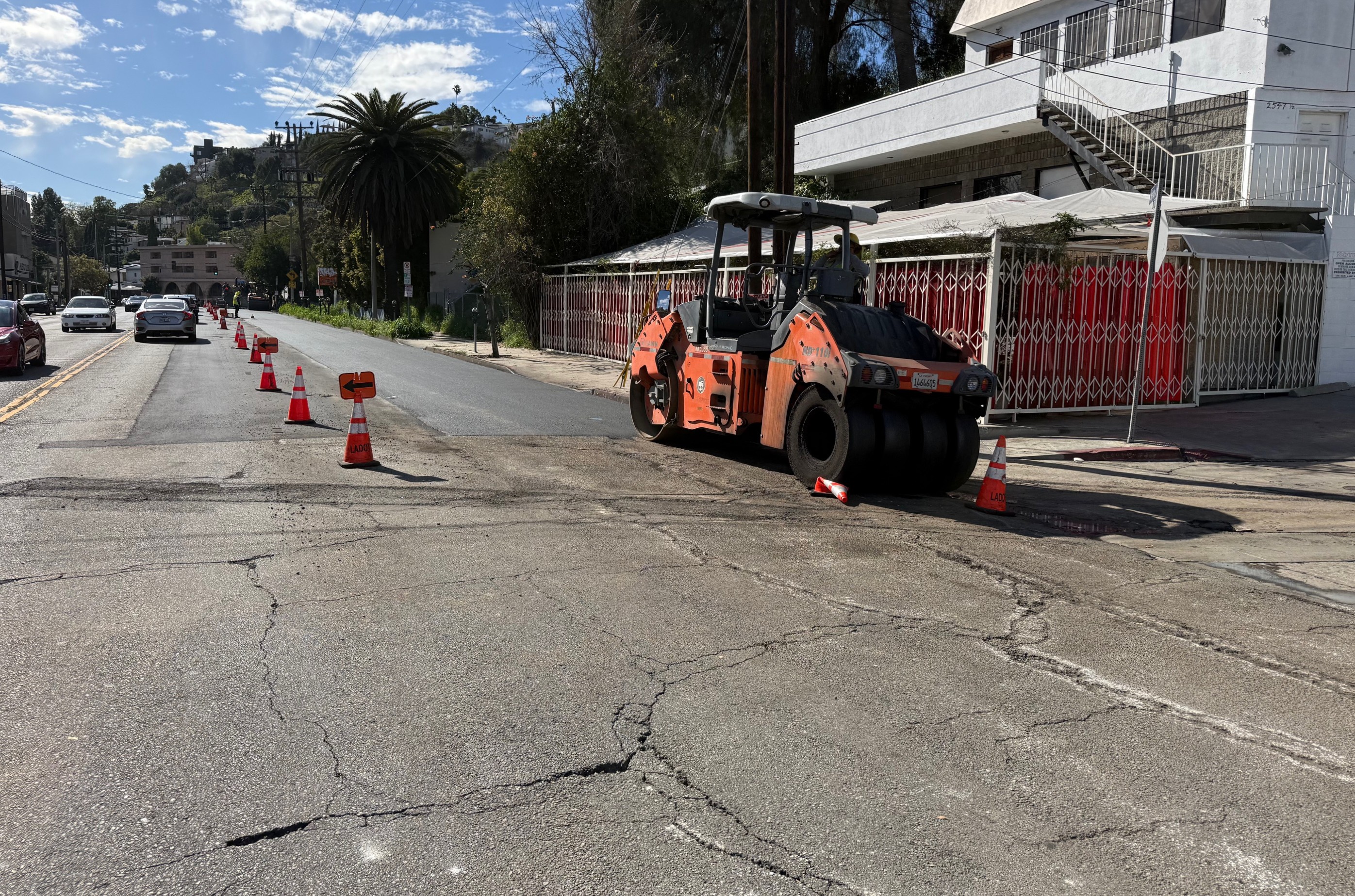Business and labor came together to make a rare show of unity today to push for a robust transportation reauthorization with adequate investment for infrastructure. And they spoke out loud and clear for a higher gas tax. Most surprising of all – it seemed that Senators were finally ready to have a mature discussion about it.
The gas tax has been a third rail issue lately. While finance and infrastructure experts roundly agree on the need to raise the tax – which hasn’t been increased since 1993 and whose purchasing power has been gutted by inflation and improved fuel efficiency – politicians have been unwilling to get behind a tax hike during a down economy.
Enter Tom Donohue and Richard Trumka, two towering figures in U.S. economic life. Donohue, the cantankerous chief of the U.S. Chamber of Commerce, and Trumka, the man’s man who heads the AFL-CIO, don’t agree on much. In fact, a favorite joke of today’s Senate hearing, where the two appeared together, centered on the strange-bedfellow nature of their joint push for infrastructure investment.
“The fact that Tom Donohue and I appear before you today does not mean that hell has frozen over or unicorns are now roaming the land,” Trumka joked in his opening statement at the Environment and Public Works Committee hearing. Delaware Democrat Tom Carper interjected, “When I walked up here from the train station this morning I did see a pig fly overhead.”
Carper noted that he was one of the only people on the Hill willing to support a modest increase in the gas tax to pay for infrastructure and deficit reduction. He has suggested raising it a penny a month for 25 months. The deficit commission has moderated that proposal, recommending a penny a quarter for three and a half years (resulting in a 15-cent increase), with all of the revenues going to infrastructure. Carper says that works fine, too.
Think about it – a 15-cent increase in three and a half years. I’ve seen three and a half months where we’ve seen gas prices go up – or down – by that much. I’ve seen three and a half weeks – and we all have – where they’ve gone up by that much. So I would ask you, in spirit of ‘the things worth having are worth paying for,’ to keep that in mind and help find a way to make this acceptable to the folks in our country.
Rich Trumka agreed. He said all funding and financing options should be on the table, from a stronger TIFIA loan program to a reauthorization of the Build America Bonds to an infrastructure bank. He proposed a half-cent tax on financial transactions, saying Wall Street created a mess that taxpayers are still paying for. (He and Donohue part ways on this particular recommendation.)
But in the end, Trumka said none of that will generate the robust funding at the level that’s needed.
We must rely on and boost our user fee revenue streams, a key component in addressing our huge infrastructure deficit. The gas tax has not been raised since 1993. It provides diminishing levels of funding and should be raised. Other forms of user fee funding mechanisms such as creating a user fee based on vehicle miles traveled have been discussed.
He cautioned that user fees can “have an unfair and disproportionate impact on working people if not properly designed” and threw in a pitch for collective bargaining rights, saying that when people earn a decent living they don’t “squeak” at paying a higher gas tax.
And Trumka also noted that federal investment was key because, despite all the talk of public-private partnerships, especially by House Transportation Committee Chair John Mica, “Private capital has never and will never adequately invest in public infrastructure because private investors cannot capture the economic gains that infrastructure creates.”
Well, sure, you might be thinking – the tax-and-spend liberals in the AFL-CIO might get behind a gas tax but the big-business conservatives of the Chamber of Commerce will never go for it, right? Wrong.
"We've been doing this since Dwight Eisenhower," Donohue said. "If you’ve got another way, I'm glad to hear about it. I haven't seen it."
Tom Donohue was president and CEO of the American Trucking Associations for 13 years before going to work for the Chamber. He says back then, California truckers resented paying a user fee that would be used to build roads in Nevada, but he told them, “you have to build roads in Las Vegas or you’ll never get out of California.” These days, truckers are begging for a hike in the diesel tax if it would mean that the country would repair its roads and reduce traffic.
The brainstorm continued. Sen. Barbara Boxer asked about a fee on shipping containers entering the country at customs. Donohue shot that one down as fast as he shot down the financial transaction fee idea, saying exporters would find ways around the fee and might slap a tariff on U.S. goods in retaliation.
That left Boxer with the stone-cold realization that the answer, really, was the gas tax. Yes, Donohue said. It’s just common sense, “recognizing that you’re collecting half of what you used to.” Boxer added that people driving electric cars aren’t paying anything for the roads, and started mulling the VMT fee.
“I don’t like the idea of putting some ‘spy thing’ in people’s cars,” Boxer said. “I would do it on an honest basis where every year you pay registration and you pay a fee for vehicle miles traveled.” But raising the gas tax is simpler, she acknowledged, echoing Donohue’s point, which she admitted she hadn’t thought about before, that “we have system in place and to create new system is controversial and we don’t know the consequences.”
The hearing involved some of the usual bickering over bike lanes and transit – the “hitchhikers” onto a Highway Trust Fund intended just for highways, to hear Ranking Member James Inhofe (R-OK) tell it. Sen. Ben Cardin (D-MD) reminded him that public transportation investment actually creates more jobs than roads and attracts development near transit stops.
Trumka and Donohue refused to get dragged into that debate, asserting that roads and rails are both necessary to create jobs, reduce congestion, and build a 21st century infrastructure.








